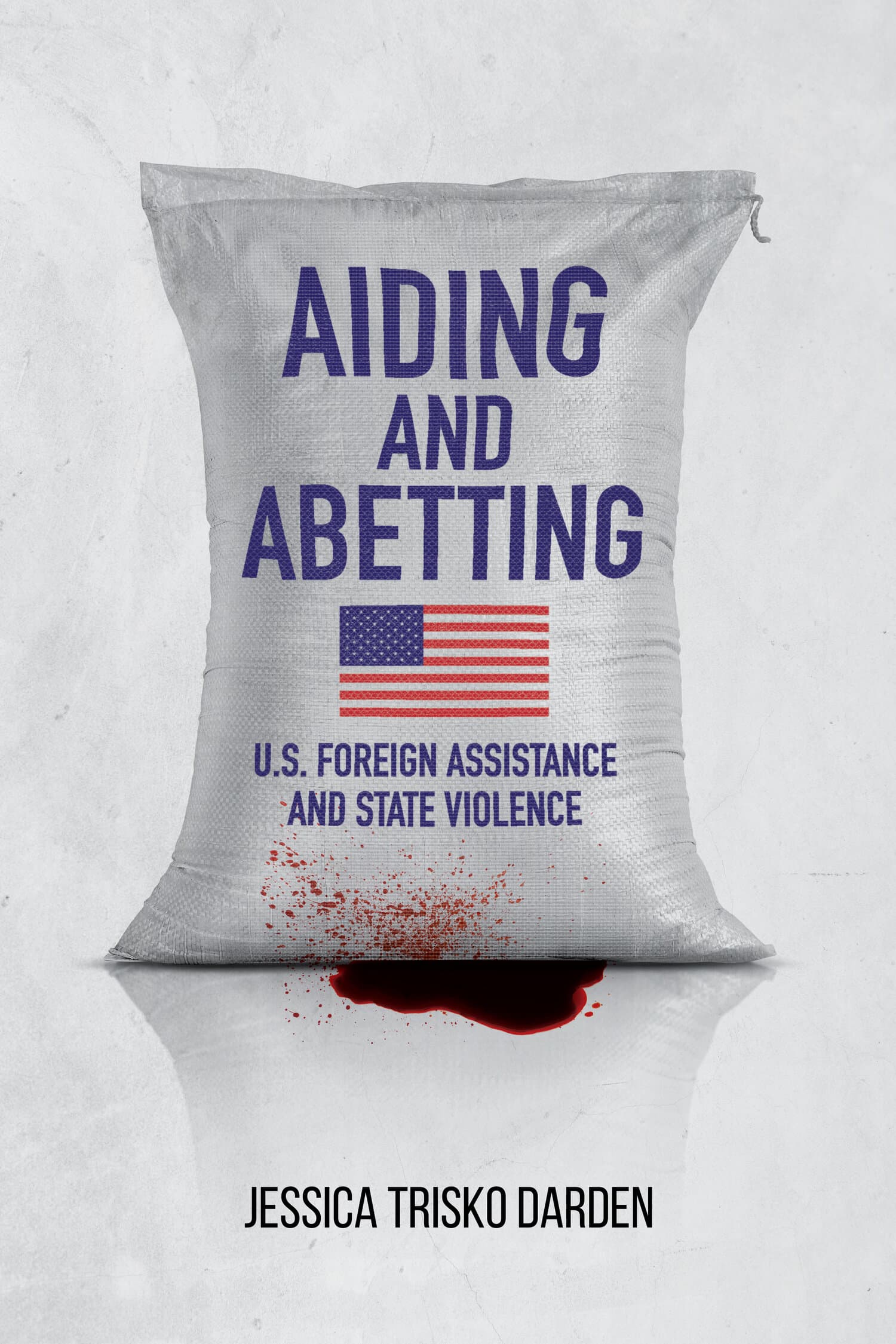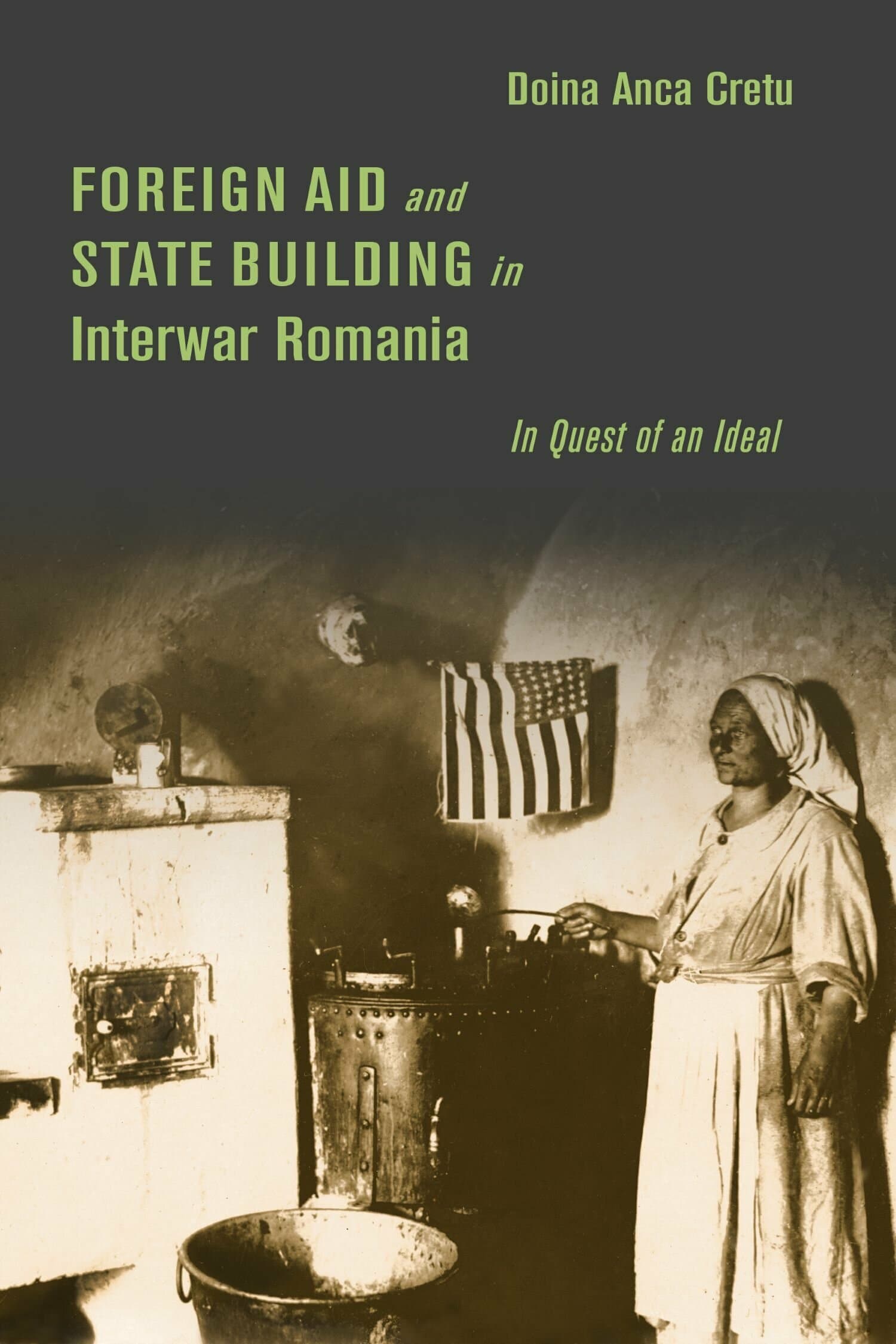Aiding and Abetting

The United States is the world's leading foreign aid donor. Yet there has been little inquiry into how such assistance affects the politics and societies of recipient nations. Drawing on four decades of data on U.S. economic and military aid, Aiding and Abetting explores whether foreign aid does more harm than good. Jessica Trisko Darden challenges long-standing ideas about aid and its consequences, and highlights key patterns in the relationship between assistance and violence. She persuasively demonstrates that many of the foreign aid policy challenges the U.S. faced in the Cold War era, such as the propping up of dictators friendly to U.S. interests, remain salient today. Historical case studies of Indonesia, El Salvador, and South Korea illustrate how aid can uphold human freedoms or propagate human rights abuses. Aiding and Abetting encourages both advocates and critics of foreign assistance to reconsider its political and social consequences by focusing international aid efforts on the expansion of human freedom.
"Jessica Trisko Darden's new book is a masterful look at the dangerous and often unintended consequences of U.S. foreign aid. By combining state-of-the-art quantitative methods with detailed case studies, she convincingly shows that foreign aid often deeply harms the citizens it is purported to help. The book should be required reading for international political economy, human rights, and foreign policy scholars. It persuasively calls for a radical reimagination of the American foreign aid process."—Amanda Murdie, University of Georgia
"This is a fascinating study of one of the darker sides of American foreign policy. Drawing on her own family's experience as well as decades of diplomatic history, Jessica Trisko Darden shows how foreign aid—widely seen as a bipartisan vehicle for promoting American values abroad—has often played into the hands of ruthless autocrats."—Robert Worth, contributing writer, The New York Times Magazine
"This book is a sobering but necessary corrective to the notion that foreign aid delivers only beneficial ends."—Chris Preble, War on the Rocks
"[This] study makes a significant contribution to the literature on foreign aid and its political effects. Recommended."—K. Buterbaugh, CHOICE
"Aiding and Abetting provides a short, readable account of U.S. foreign aid and assistance and the role of both in subsidizing state violence and repression by recipients....This work should serve as a yield sign to those policymakers and military officials who consider bi-lateral foreign assistance in areas of supposed strategic American interests....[and] as a guide to better envision the enduring effects of U.S. assistance."—Harrison Manlove, RealClear Defense
"Perhaps the most striking sections of Aiding and Abetting are where Trisko Darden discusses the policy implications of her findings....Aiding and Abetting [also] raises several questions for future research."—Inken von Borzyskowski, Democracy and Autocracy
"This is a timely book and it fills an important gap in the current literature. Aid policymakers have yet to take into account the effects of aid on state violence, which has been well established in the empirical literature. This work constitutes a call to action to do so."—Emily Silcock, Contemporary Arab Affairs
"Trisko Darden makes important points about the fungibility of foreign assistance, the challenges of constraining the executive in the realm of foreign policy, and the plausibility of effective aid sanctions... Aiding and Abettingprovides both quantitative and qualitative evidence that foreign assistance in general likely enables or emboldens governments that are facing civil conflict to cause harm to civilian populations and otherwise engage in repressive measures. This is no doubt a challenge to individuals who want to see foreign aid used to bring about economic development and widespread poverty alleviation. Simultaneously, one hopes, it is a challenge even to those who seek to use foreign aid for the purpose of promoting national security, calling upon policymakers to think about how best to support allied regimes while also holding them to the highest standards of human rights protection."—Matthew S. Winters, H-Diplo
"Overwhelmingly, studies of human rights and foreign aid have analyzed how a recipient state's human rights record may impact the amount of foreign aid they receive from the US. [Trisko] Darden correctly points out that 'relatively little work has been done to demonstrate the opposite: how foreign aid affects human rights' (17)... [T]he case study chapters allow for a closer examination of the mechanics of exactly how US foreign aid contributes to human rights abuses."—Evan W. Sandlin, Human Rights Review




